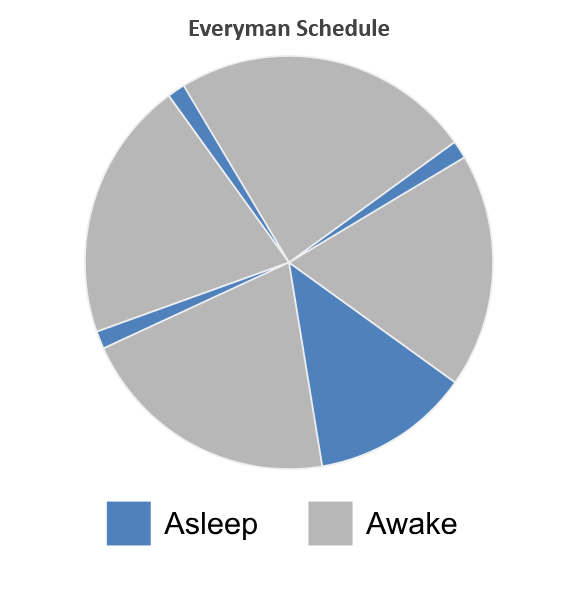10 Strange Facts About Sleep and Dreams From Around the Globe
Sleep is a universal experience, yet it remains one of the most enigmatic aspects of human life. Every night, billions of people around the globe close their eyes and enter a world that is as mysterious as it is essential—a world where the mind weaves dreams, the body rejuvenates, and the soul finds solace. Despite its ubiquity, sleep is shrouded in myths, cultural interpretations, and scientific inquiries that continue to fascinate and perplex us. This article embarks on a journey through the dreamscape, uncovering 10 strange sleep facts from various corners of the world. From ancient rituals to modern scientific discoveries, these facts reveal the multifaceted nature of sleep and its significance in human culture and health. As we delve into these intriguing aspects, we will explore how different societies understand and interact with sleep, offering a window into the diverse ways it impacts our lives.
1. The Science of Sleep: An Overview

Understanding sleep begins with a look at its biological underpinnings. Sleep is a complex physiological process that involves multiple stages, each playing a crucial role in maintaining health and well-being. The sleep cycle consists of non-REM (Rapid Eye Movement) and REM stages, with non-REM sleep further divided into three phases. During non-REM sleep, the body undergoes physical restoration, with processes such as tissue growth and repair, muscle building, and immune function enhancement taking place. REM sleep, on the other hand, is associated with brain activity similar to wakefulness and is crucial for cognitive functions such as memory consolidation, problem-solving, and emotional regulation.
The circadian rhythm, an internal clock regulated by the hypothalamus, orchestrates the timing of sleep. This rhythm is influenced by external cues like light and temperature, which signal the body when to sleep and wake. Disruptions in this rhythm, such as those caused by shift work or jet lag, can lead to sleep disorders and impact overall health. The importance of sleep is further underscored by its evolutionary roots; it is a behavior observed in nearly all animals, suggesting its critical role in survival. As we explore sleep across cultures, we will see how these scientific principles intersect with cultural beliefs and practices.